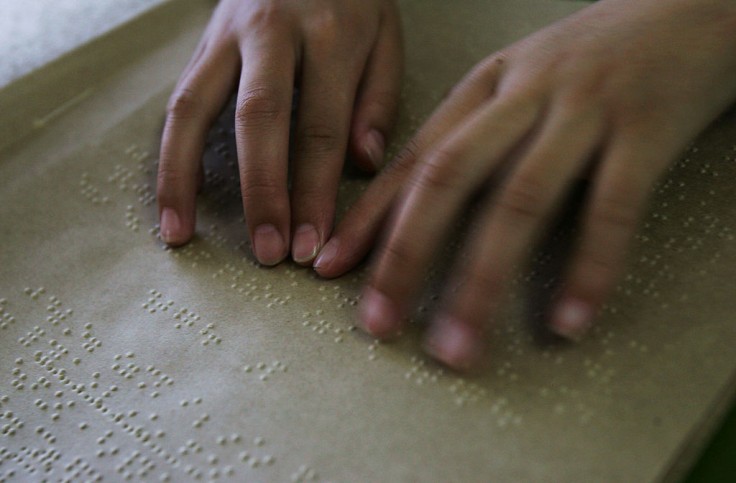
Due to the pandemic, many students with disabilities could not access special education services. Now that in-person learning is returning; parents want to regain the learning they lost through compensatory education. About seven million of these students missed out on instruction as schools became remote and experienced starts and stops.
Services that include speech therapy and paraprofessional services did not translate well online and decreased the quality of learning. Support and services even disappeared altogether for some children.
ParentsTogether Action, a national parents' organization, found in a survey that only 20% of children who deserve special education services received them as of May last year. According to Attorney Rond Hager of the National Disability Rights Network, the demands for compensatory education are expected to rise as the pandemic eases.
What is Compensatory Education?
The Individuals with Disabilities Education Act (IDEA) entitles students with disabilities to what the U.S. Department of Education calls free appropriate public education. It obligates public schools to provide qualified students with services and support for their learning.
The Individualized Education Program (IEP) is a tool to ensure that schools meet students' needs for special education.
According to Disability Rights Maryland, compensatory education is services related to special education owed to children with disabilities caused by a school's failure in fulfilling their IEP.
This program has learning goals and could include occupational or speech therapy provisions. If this plan is not followed, parents may request compensatory services for missed learning days.
According to Hager, students having 504 plans can also seek compensatory educational services.
Determining if a Child is Qualified for Compensatory Services
According to U.S. News and World Report, the Council of Parent Attorneys and Advocates' legal director Selene Almazan says that a child may be qualified for compensatory education if the services in their IEP were not provided, and if because of it, the student did not exhibit the required progress, WTOP News reports.
Almazan encouraged families to review progress reports of students with an IEP to measure if they achieved their objectives. If their goal post was not met, she said, the child may be qualified for compensatory education.
Requesting for Compensatory Education
If a student needs compensatory education, their IEP team should make a plan for their learning recovery. The parents must document the reasons why their child needs compensatory education.
According to Hager, if a child missed a certain duration of speech therapy, that should be recouped with the same number of hours of compensatory learning. Older students who are about to lose special education eligibility due to age may have to extend their eligibility for one more year.
Compensatory education must be administered in addition to regular instruction instead of replacing it. According to Almazan, extra tutoring is only considered compensatory if customized to the students' specific needs. She says recovery services are only general, but compensatory education must be individualized.
What Parents Can Do if the School is Unresponsive
If the IEP team does not want to provide compensatory education, parents can file a complaint with their states' education department. They can also ask for due process, according to Andrew Lee of Understood.org. This is a formal proceeding that resolves disagreements regarding special education services. In this regard, Hager recommends asking for help from a lawyer or advocate.
Hager says that if the student is under a 504 plan, the complaint may be filed to the Department of Education's Office for Civil Rights.
According to Council of Administrators of Special Education executive director Phyllis Wolfram, schools may lack the staff to implement compensatory education, especially for special education. Parents and educators, she says, must find solutions and create a plan together, which may entail modifying a student's IEP. She says everyone should be open to solutions regarding how to move forward.